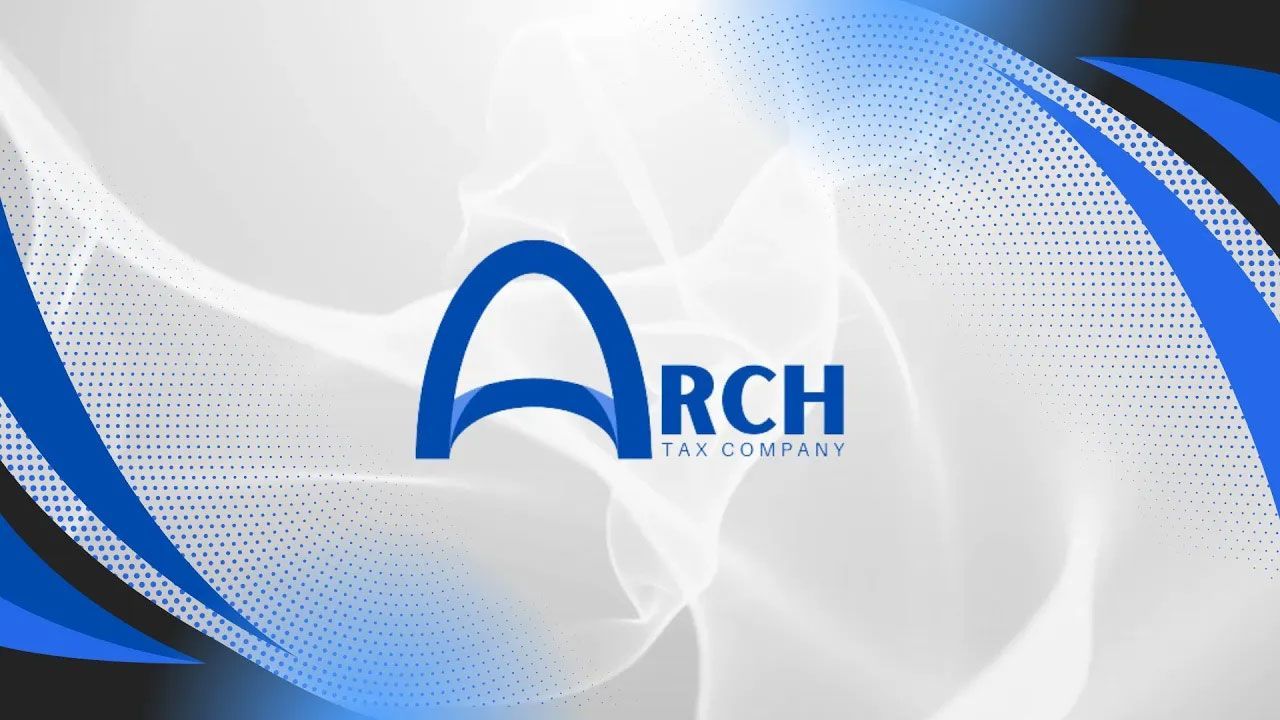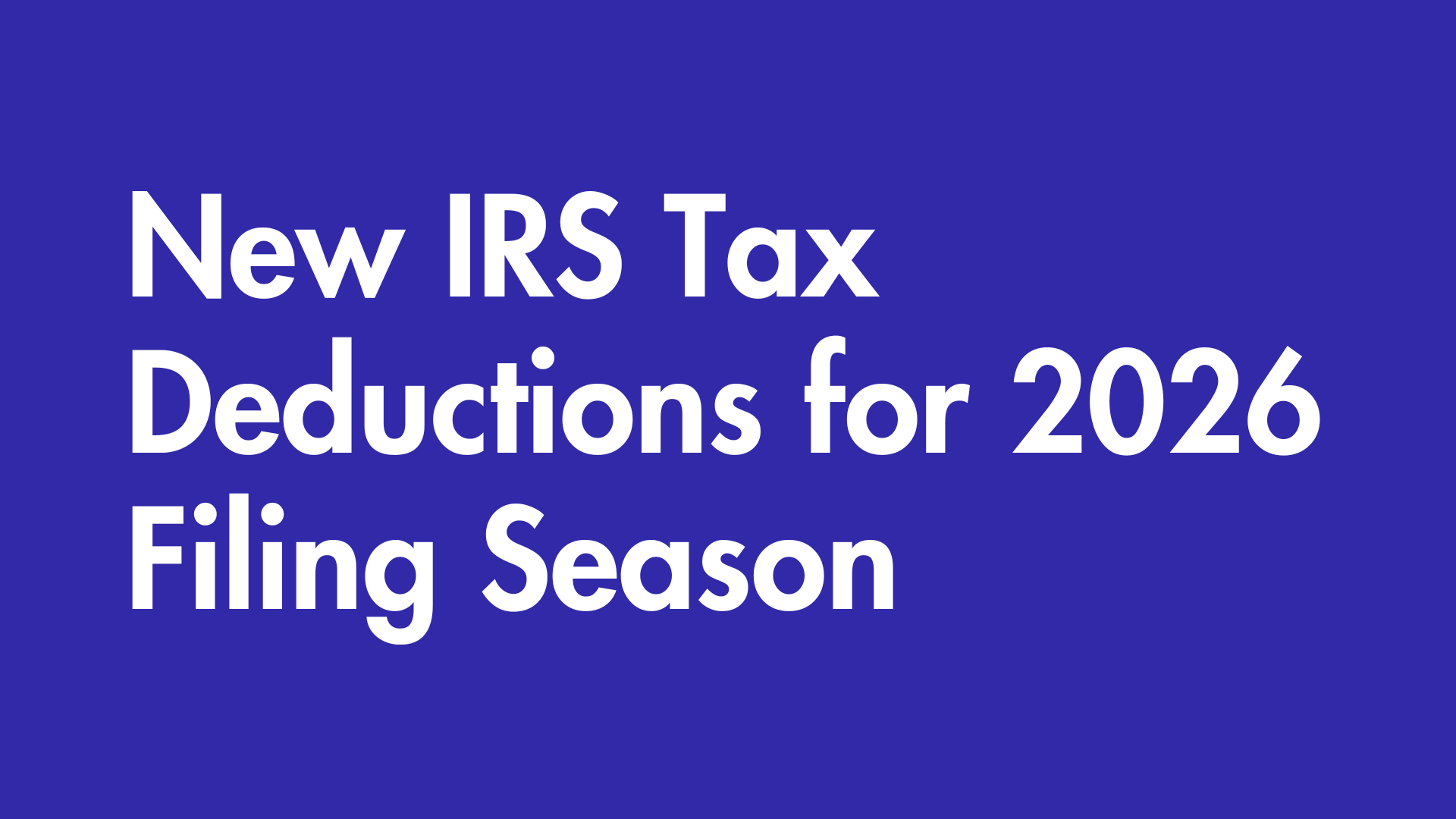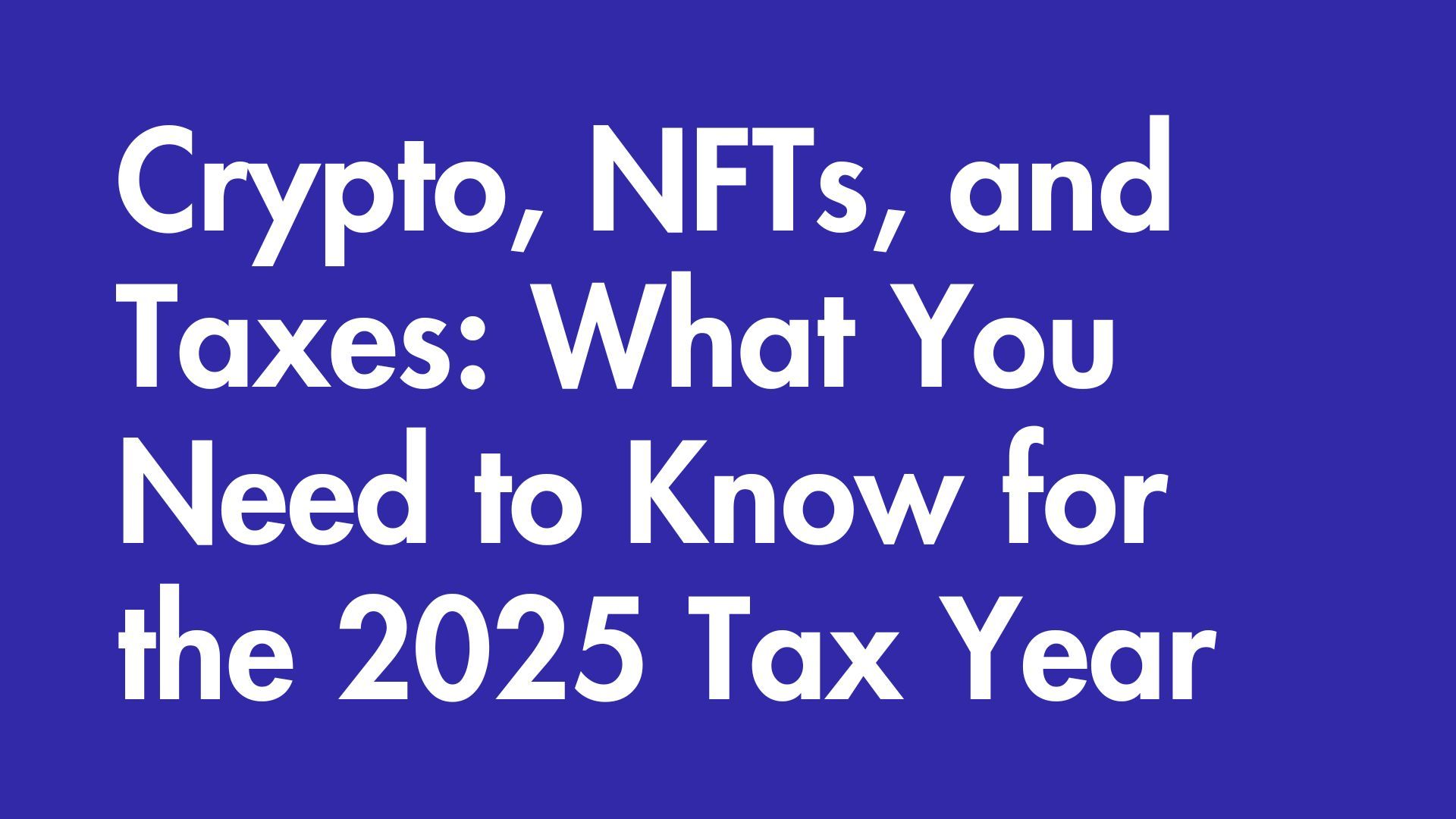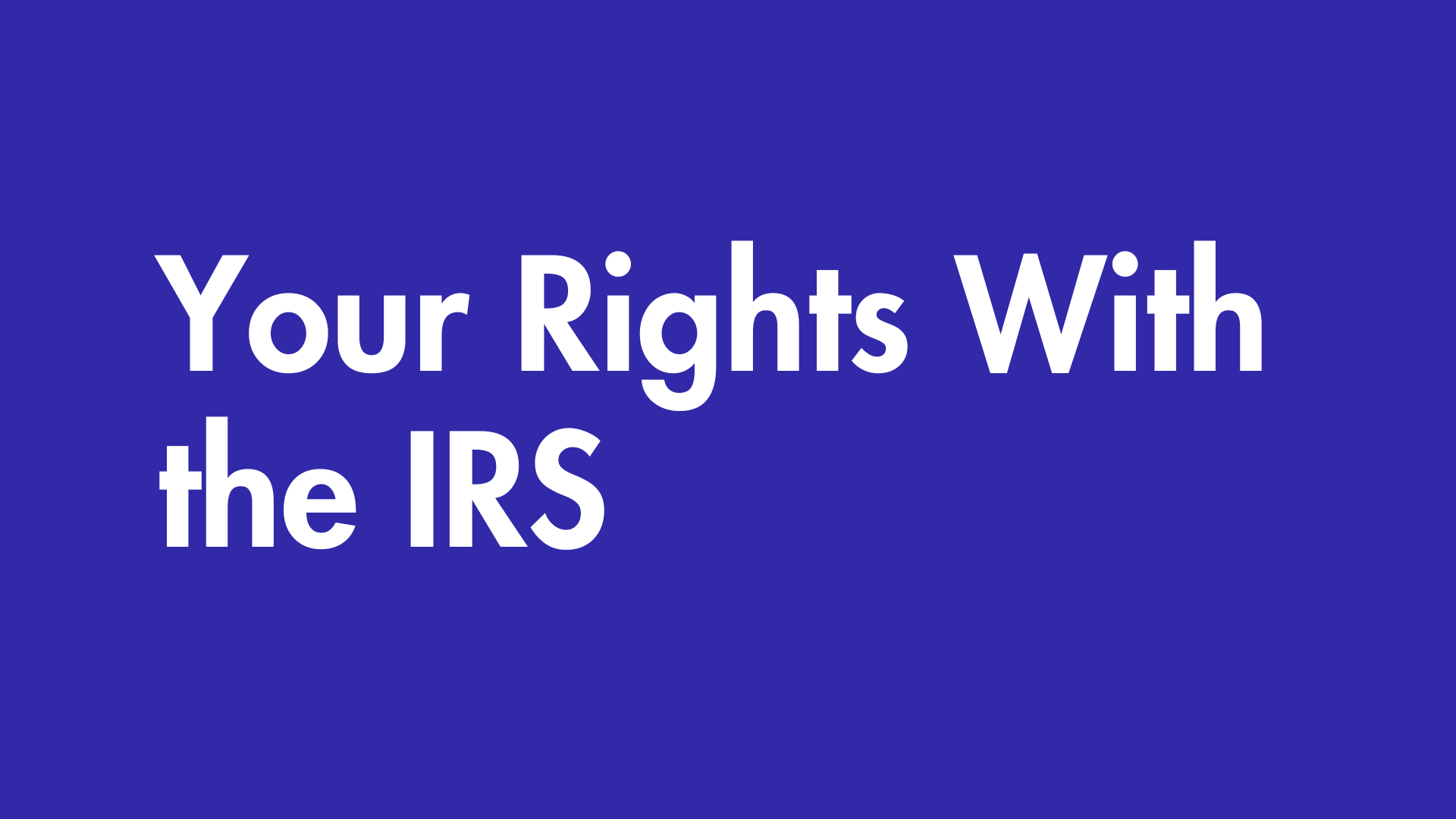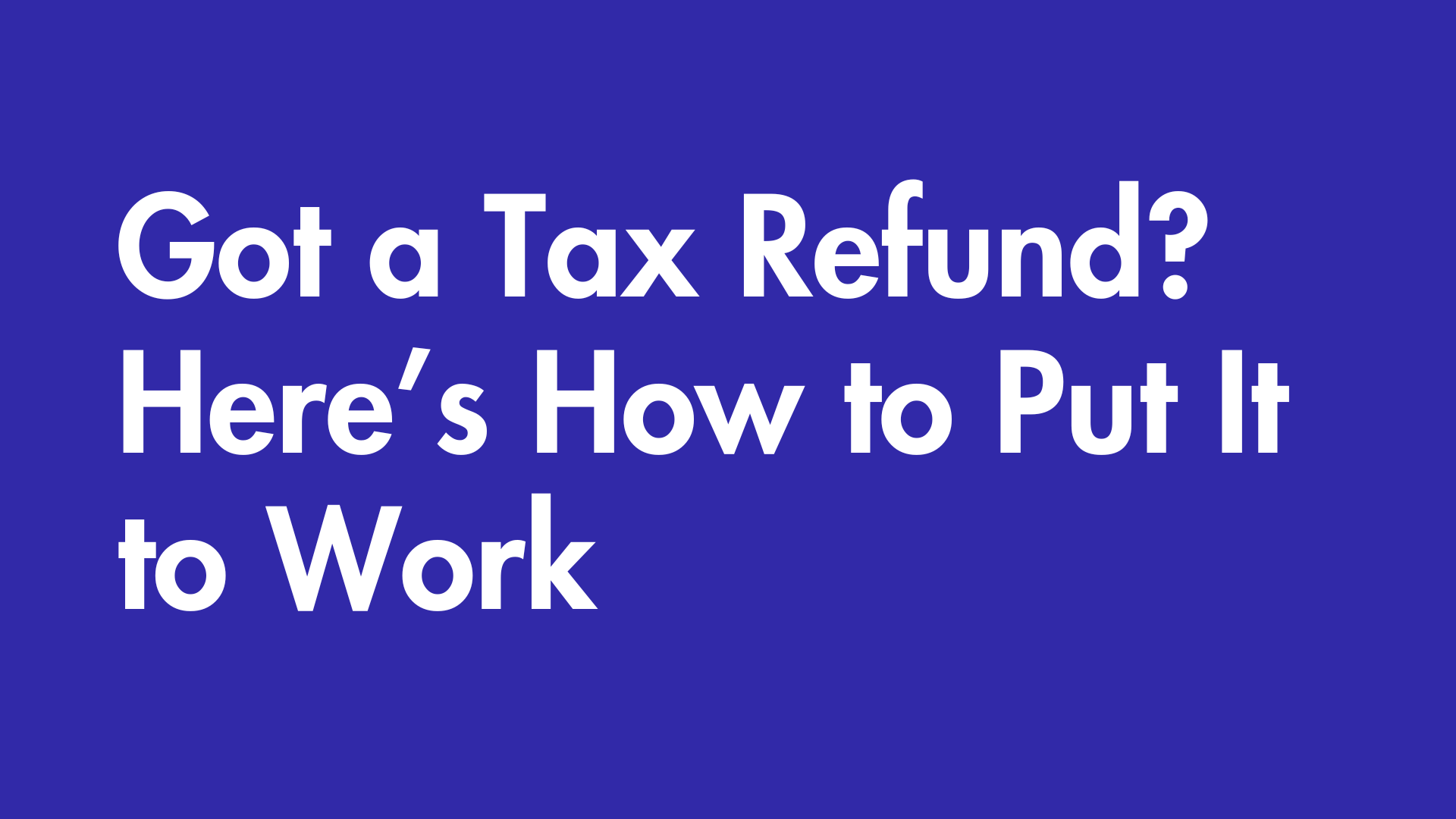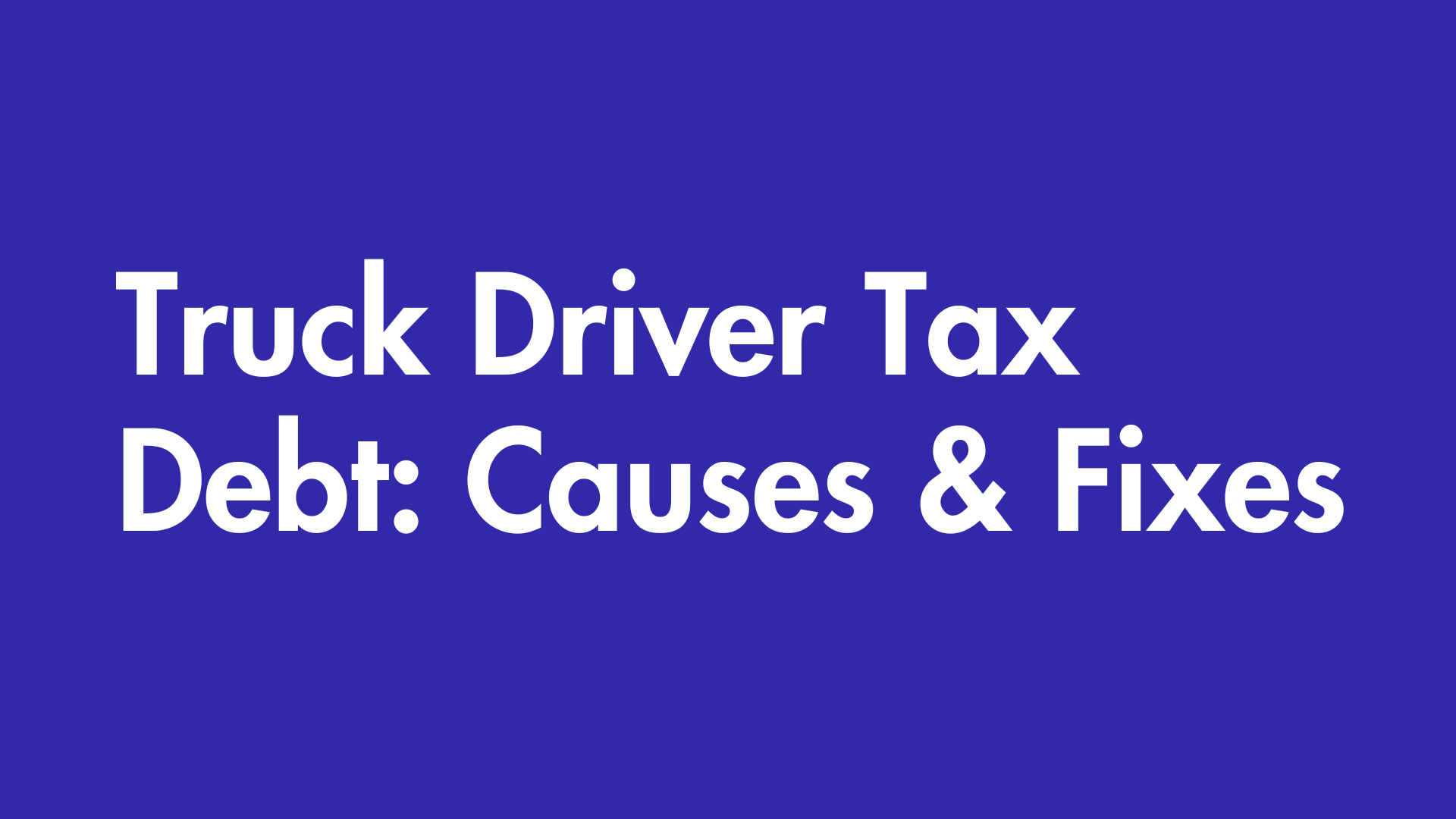Do I Really Have to File Taxes?
1. How Much Did You Make?
The IRS sets minimum income thresholds for filing. If you made more than the limit, you’re required to file. If not, you might be off the hook—but that’s not the whole story.
As of 2024 (for taxes filed in 2025), here are some quick examples:
| Filing Status | Age | Gross Income Requirement |
|---|---|---|
| Single | Under 65 | $13,850 |
| Single | 65 or older | $15,700 |
| Head of Household | Under 65 | $20,800 |
| Head of Household | 65 or older | $22,650 |
| Married Filing Jointly | Under 65 (both spouses) | $27,700 |
| Married Filing Jointly | 65 or older (one spouse) | $29,200 |
| Married Filing Jointly | 65 or older (both spouses) | $30,700 |
| Married Filing Separately | any age | $5 |
| Qualifying Surviving Spouse | Under 65 | $27,700 |
| Qualifying Surviving Spouse | 65 or older | $29,200 |
(Source: IRS.gov — amounts may change yearly)
2. Did You Get Health Insurance Through the Marketplace?
If you got a Form 1095-A for marketplace coverage, you MUST file a return. Even if you made no money. Otherwise, you’ll get rejected, and your coverage may be affected for next year.
3. Did You Have Taxes Withheld?
If your employer or clients withheld taxes from your pay, you might be due a refund—even if you weren’t required to file.
No return = no refund.
4. Are You Self-Employed or Gig Working?
If you made $400 or more in self-employment income, you’re required to file. This includes:
- Rideshare drivers
- Freelancers
- Etsy shop owners
- Delivery drivers
Don’t assume small income = no taxes.
5. Did You Receive IRS Letters?
If you received any notice from the IRS—whether it’s about an old year, a balance due, or identity verification—file a return or contact a pro. Ignoring it doesn’t make it go away.
The Bottom Line
If you're unsure, it’s better to file and be safe than skip it and risk penalties or missed refunds.
At Arch Tax, we help you figure it out—fast. Whether you’re required to file or just want to maximize a refund, we’ll make sure nothing’s missed and no IRS red flags get triggered.
Need help figuring out if you have to file?
Book a quick consultation or call us at
(844) 556-3073

